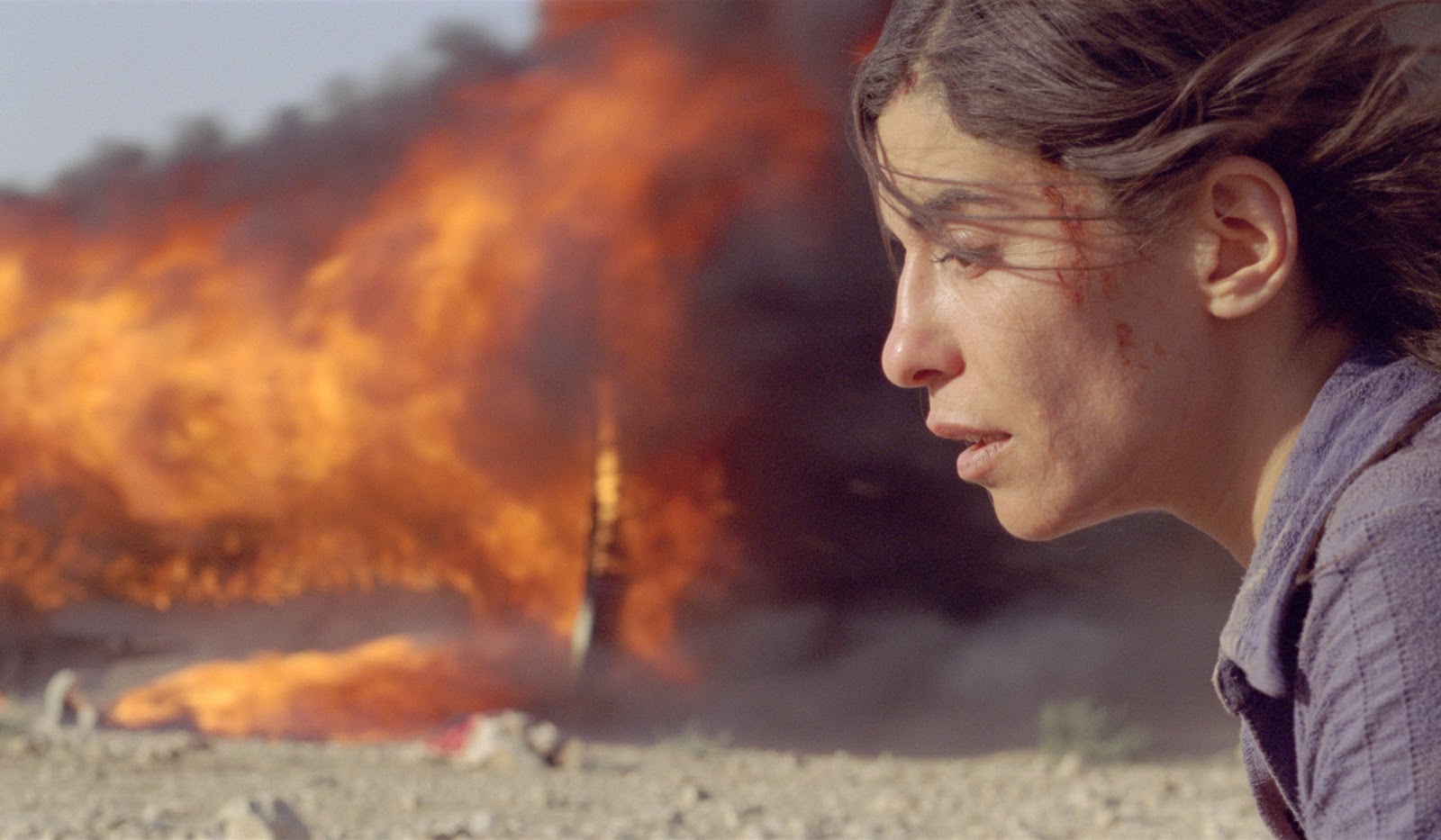
Of all the categories featured at the Oscars, there is probably no other category that can present the diversity and sheer quality than the foreign film nominees. Coming from all over the world, representing some of the best cinema has to offer outside of Hollywood, chances are that all the movies in this category are worth watching. But, as with all things, the attention is always given to the last one standing, to the one that takes the award home.
Apart from that, one can debate the selection process to reach the final five nominees, which has excluded many remarkable films over the course of the years, either because they were not submitted by their country (“The Diving Bell and the Butterfly,” “Oldboy,” “The Seventh Seal”) or because they simply didn’t made the final five, regardless of how much they seemed to merit it (“Come and See,” “The Ascent,” “Wild Strawberries”).
In any case, picking only five movies from such an extraordinary palette of ideas, visuals and stories would always be a challenging endeavour. This list will focus on this last decision stage – the films that should have won but only made it until the final five.
10. The Hunt (“Jagten” – Thomas Vinterberg, 2012)
Lost to The Great Beauty
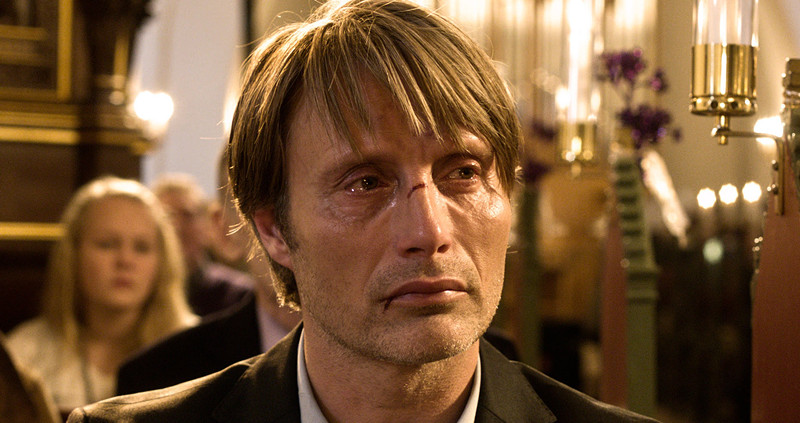
Thomas Vinterberg’s return to top shape, “The Hunt” is a perfectly crafted film about the volatility of communities and the state of fragility in which their members coexist. In fact, even if its aesthetical approach is completely different, one can easily find the same ideas behind “The Celebration” (an extraordinary movie on its own, and an essential part of the Dogme 95 movement); the essence of both movies is kin, as they expose a society eager to judge, where everyone uses masks they can drop in an instant.
Built around Mads Mikkelsen’s remarkable performance as a man accused of an unspeakable crime, it starts small, but quickly builds into an engrossing, powerful story that commits the viewer until the end, making them take part in the despair and hardships of the main character.
It’s a cautionary tale about the danger of preconceptions, and the risk of destroying innocents in the search for the guilty. In today’s world that’s so plagued by quick, unchecked information and accusations that amount to certainties without any proof or true consideration, “The Hunt” is an essential view.
9. Leviathan (“Leviafan” – Andrey Zvyagintsev, 2014)
Lost to Ida

Andrey Zvyagintsev’s “Leviathan” is a superbly crafted film about the power of corruption and the inability of the common man to fight against its ever-expanding reach, trapped in a system built to oppress him.
The story is simple: a powerful man desires to build something on a land that does not belong to him, and that wish will spark a fight that, at a slow but steady pace, becomes a reflection about society, showing its instruments to restoring balance as inadequate and perverse, irreversibly tainted by the very powers that it should regulate.
A tragedy about the failures of men and the violence of the world, there’s something permanent and almost phantasmagorical about the feeling that surrounds the audience during the movie – perhaps an inevitability of failure, a sense of powerlessness when confronted with the view of the world that the movie presents.
8. Goodbye, Children (“Au revoir, les enfants” – Louis Malle, 1987)
Lost to Babette’s Feast
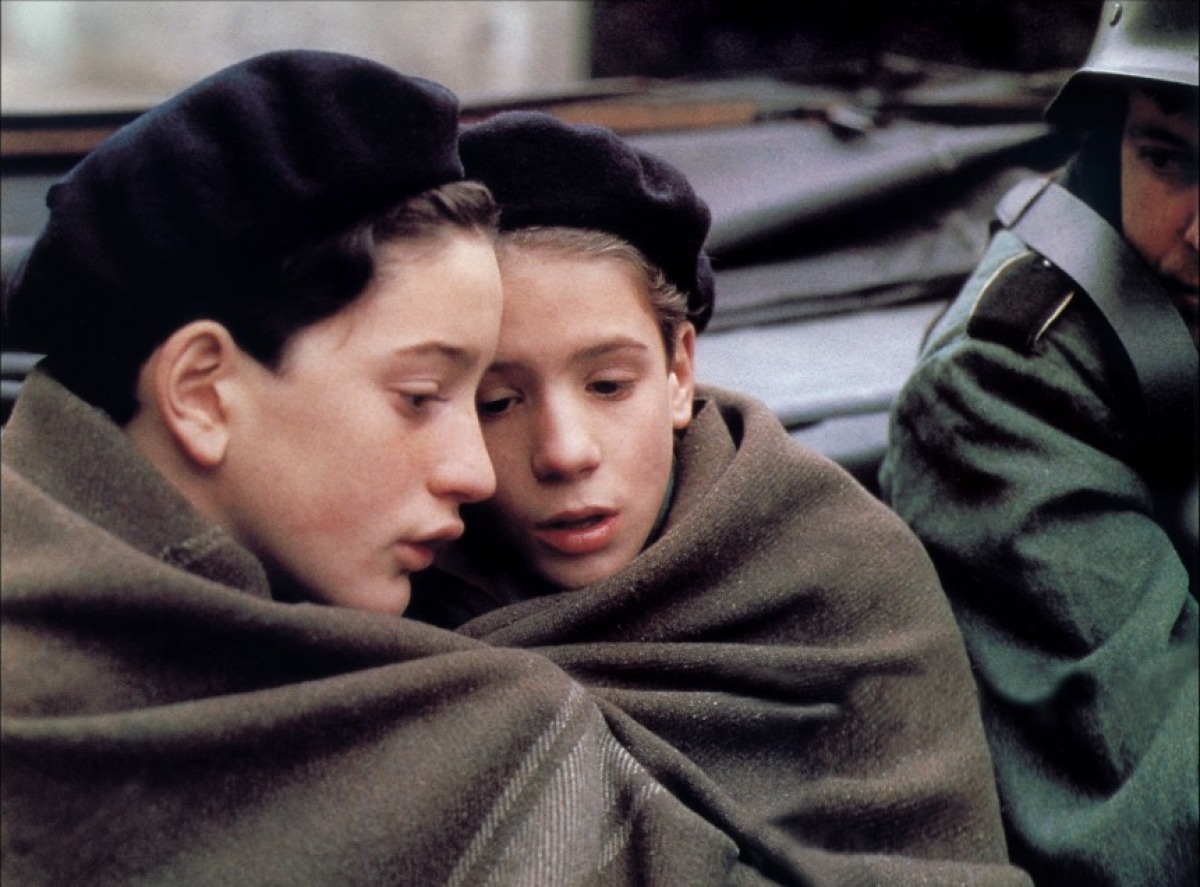
A quasi-autobiographical story, “Goodbye, Children” is a movie full of sensitivity and grace about a friendship in harsh times. Undoubtedly Louis Malle’s most personal film, it shows the director’s talent for storytelling, which seems to be at its best when dwelling on this minimalist tale that’s imbued with memory and time.
It recounts the life of two boys living in an orphanage during World War II, an apparently simple starting point, but, thanks to Malle´s superlative guidance and the impressive performances from the cast, the movie expands, culminating in a clash between the adult’s world and children’s world, a clash that will generate a rift between the two. A rift so deep that it’s hard – in fact, impossible – to fix.
The movie focuses on that impossibility, on the inability of innocence to survive when faced with the harshness of reality, and of the necessity to deal with that loss, to say goodbye to the children we once were. Masterfully shot and beautifully conceived, it’s a moving, essential film.
7. Hero (“Ying xiong” – Yimou Zhang, 2002)
Lost to Nowhere in Africa
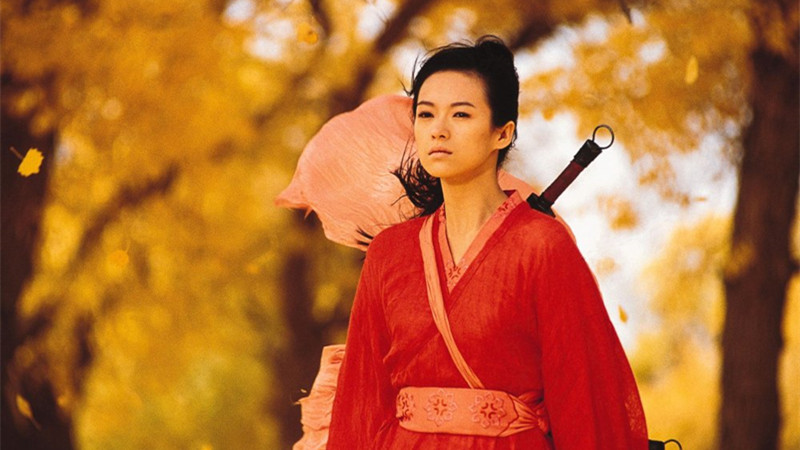
A story of assassins trying to find a way to kill their target, presented as an historical drama, “Hero” is a story that dwells on the inevitability of violence as a way to secure peace, but it does it in such a way that one can only marvel at the visual achievement it represents.
Showcasing Yimou Zhang’s talent to direct massive productions, it’s a movie whose ambition can only be matched by the impressive results it achieved. The scale of the fights, the perfection of the choreography, and an all-around grandiose, almost unbelievably epic scale all add up to create a universe in which Christopher Doyle’s extraordinary cinematography can shine, capitalizing on the power of colour and composition to create a feast for the eyes that stays with the viewer long after the movie is over.
6. Woman in the Dunes (“Suna no onna” – Hiroshi Teshigahara, 1964)
Lost to Yesterday, Today and Tomorrow
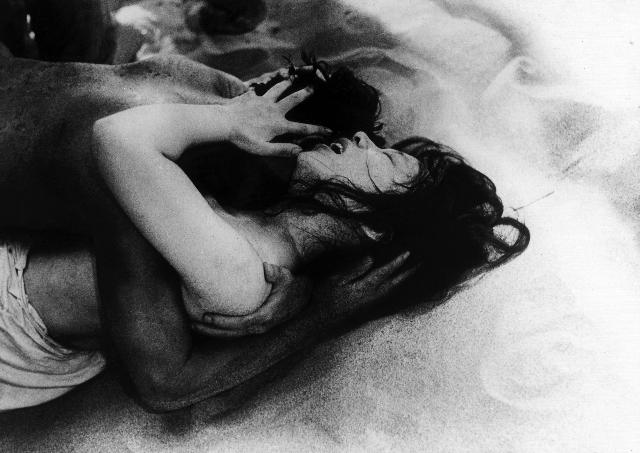
The story is simple: a man spends the night in a woman’s house. There’s only one problem: her house is on the bottom of a sand pit. The following day, he finds out he cannot leave. From this unsuspecting starting point, Hiroshi Teshigahara translates into extraordinary visuals Kobe Abe’s Kafkian narrative, creating an object of pure cinematic delight.
In a sense, “Woman in the Dunes” is a movie that stands somehow in a different place from all others on this list; there’s no point elaborating on the story or where it leads: this is a pure cinematic experience, an allegory of rare beauty, a movie one needs to watch, pure and simple. The Academy was so smitten by its extraordinary aesthetic sense that the year after, they nominated Teshigahara for Best Director, an acknowledgment for his extraordinary achievement.